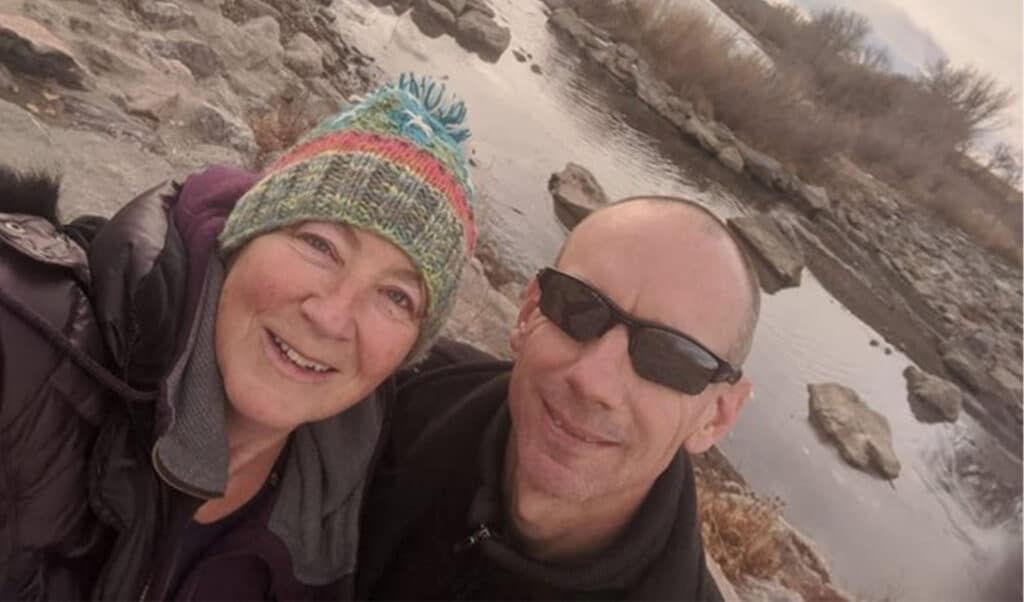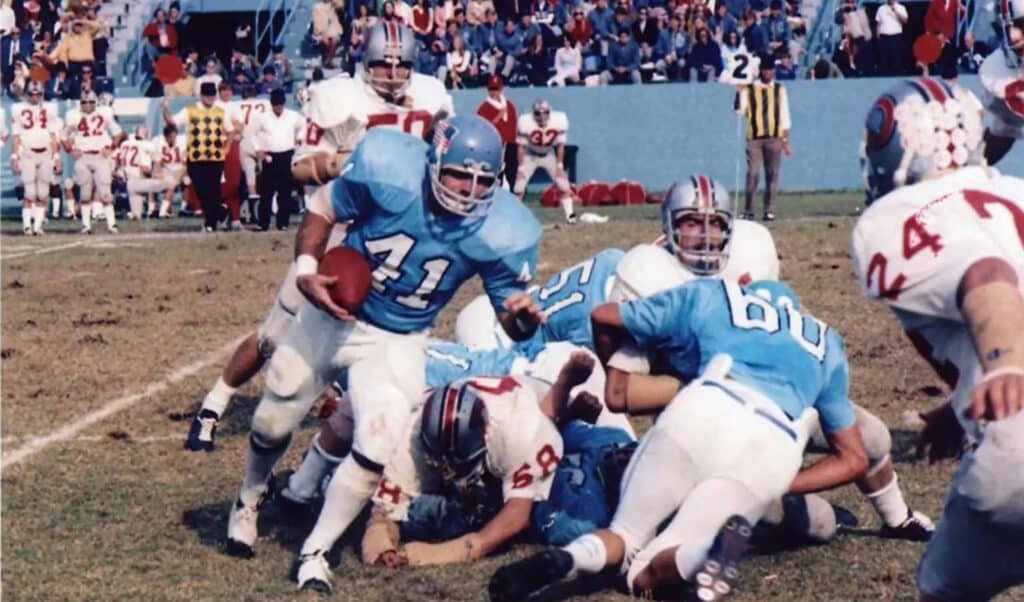Deborah Stier Carson shares how she got involved in the sport and why she has stayed involved for over a decade.
It is important to understand that I was not the athlete in my family…
My friend and teammate, Roger Jones, asked me to write down some of my reflections about Dragon Boating, why it is so important to me, and how I thought he could help support others with a similar passion. Roger is also the author of a soon-to-be published book that captures the spirit of a particular amazing team that fought against tremendous odds to win a National Championship. Not only was it based on a true story, but I got to be included as a minor supporting character!
After reading a draft of the book, I started to think about how I got involved in the sport and why I have stayed involved for over a decade. It is important to understand that I was not the athlete in my family, and yet, here I am at 67 years old, thinking about whether or not I will get the chance to participate in a national champion, myself. Crazy, right?
I feel like my experience has been somewhat different than most others who may find out about the sport through a breast cancer rehab program or stumbled across seeing a race during a community festival, or happen to live in a community where there is a huge, active dragon boat club.
For many years, I was on the shoreline in my typical role as cheerleader and family photojournalist while my husband, Bob (“Thomas” in Roger’s story), paddled and raced as a cancer survivor. But following that National Championship race in 2010, when the cancer returned for a third time and the ending was inevitable, I decided to get in the boat, too. I joined the dragon boat club, paddled with Bob during practices and (very long shot, secret goal) wondered if it would be possible to earn a seat in the boat that may go to the international race, which the national championship had earned the team. My hope was that Bob and I would be able to go together or, if he couldn’t, I could stay connected to something that was important to him. The summer after Bob’s death, I paddled in four races. I was wiped out physically and emotionally, but it was a healthy and healing experience that continues to this day.
Here is what I have learned from that perspective and why I hope the success of Roger’s book can help promote the sport and support existing paddlers:
Dragon boating allows you to:
#1 Get in Shape: Dragon boating has been the perfect exercise for me. This has been the ONLY form of exercise I have done regularly in my life. No running, it is on the water, it is a team sport, and it hits all the muscle groups that I am interested in hitting. And what other sport can have a competitive team consisting of men and women, old and young?
#2 Have Fun: I don’t have much of a social life. As a confirmed introvert, that is mostly OK with me. But I’ve got to be careful about becoming that grumpy, old cat lady (or in my case the old Rottweiler lady) that the neighborhood kids talk about. My dragon boat friends are the only circle of friends that include anything other than more old ladies – my book club & watercolor groups are bastions for the sedate, genteel, white-haired members of society. I can’t say that about my teammates!
#3 Give Back: Most dragon boat clubs, including the two in my area, are 501c(3) not-for-profit and require a board and a large volunteer effort to organize fund raisers, train “newbies”, orchestrate festivals, sponsor youth programs and health and wellness events and much more. Although I may not be the best paddler in the club, I have certain skills that come along with a lifetime in higher education that apparently benefit volunteer organizations. I served for several years as treasurer for Dragon Boat Charleston and now serve as secretary for Charleston Paddle Club. This year I also became the secretary for the Southeastern Regional Dragon Boat Association (SRDBA). Our region consists of Alabama, Florida, Georgia, Kentucky, Mississippi, North Carolina, South Carolina and Tennessee and is one of the four regional organizations within the United States Dragon Boat Federation (USDBF), the governing body for the dragon boat community in the United States. And USDBF is a founding member of the International Dragon Boat Federation (IDBF), which boasts 60+ countries as members. Bottom line is that dragon boating is a huge and fast growing sport with almost everyone at all levels participating as a volunteer.
#4 Win races and get medals: I have to admit, competition has been really exciting. About four years after Bob died, I was in a very competitive race on my birthday when we came from behind and won. That was the most amazing athletic thing I have been part of in my entire life. It was bittersweet because Bob was not there in the boat with me, but something I am proud of.
This last realization is what sent me on the hardest part of this mental excursion. As Bob was going through the last horrible years of his steady decline, he would often recount winning the 2010 National Championship races in Chattanooga with pride. It was his final act of athletic prowess in a long life of athletic achievements and he did it with a feeding tube and a patch over the open hole in his throat where the tracheostomy had been. Roger was in that boat with him and it obviously meant something to him. I mean, he’s written a novel about it and wants to give some of the profits back to the sport.
Apparently, it is very important to me, too. Who knew?
Thanks for being interested in our story.
Paddles Up,
Deborah Stier Carson | “Bonnie” in THE FINAL VICTORY

